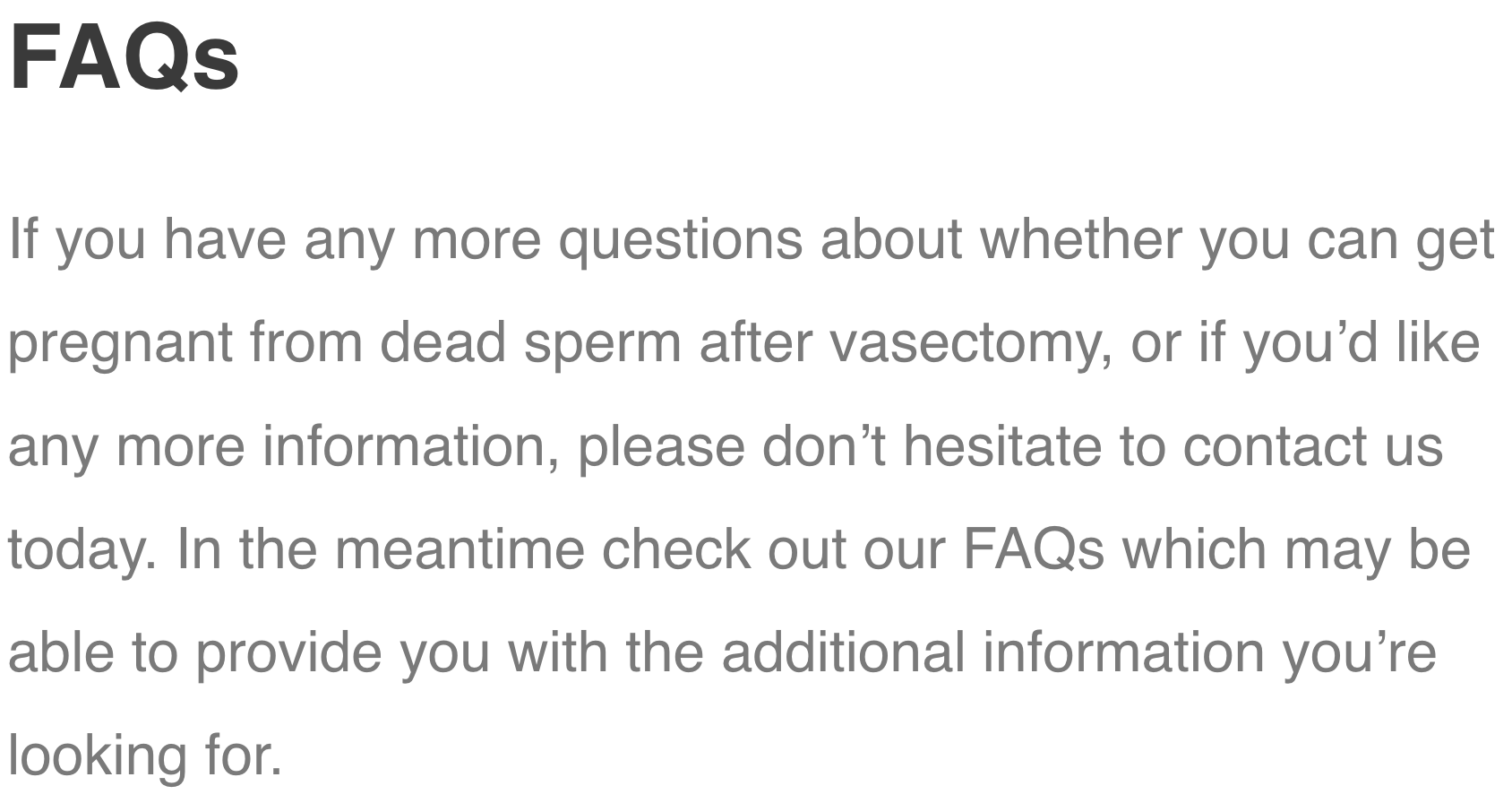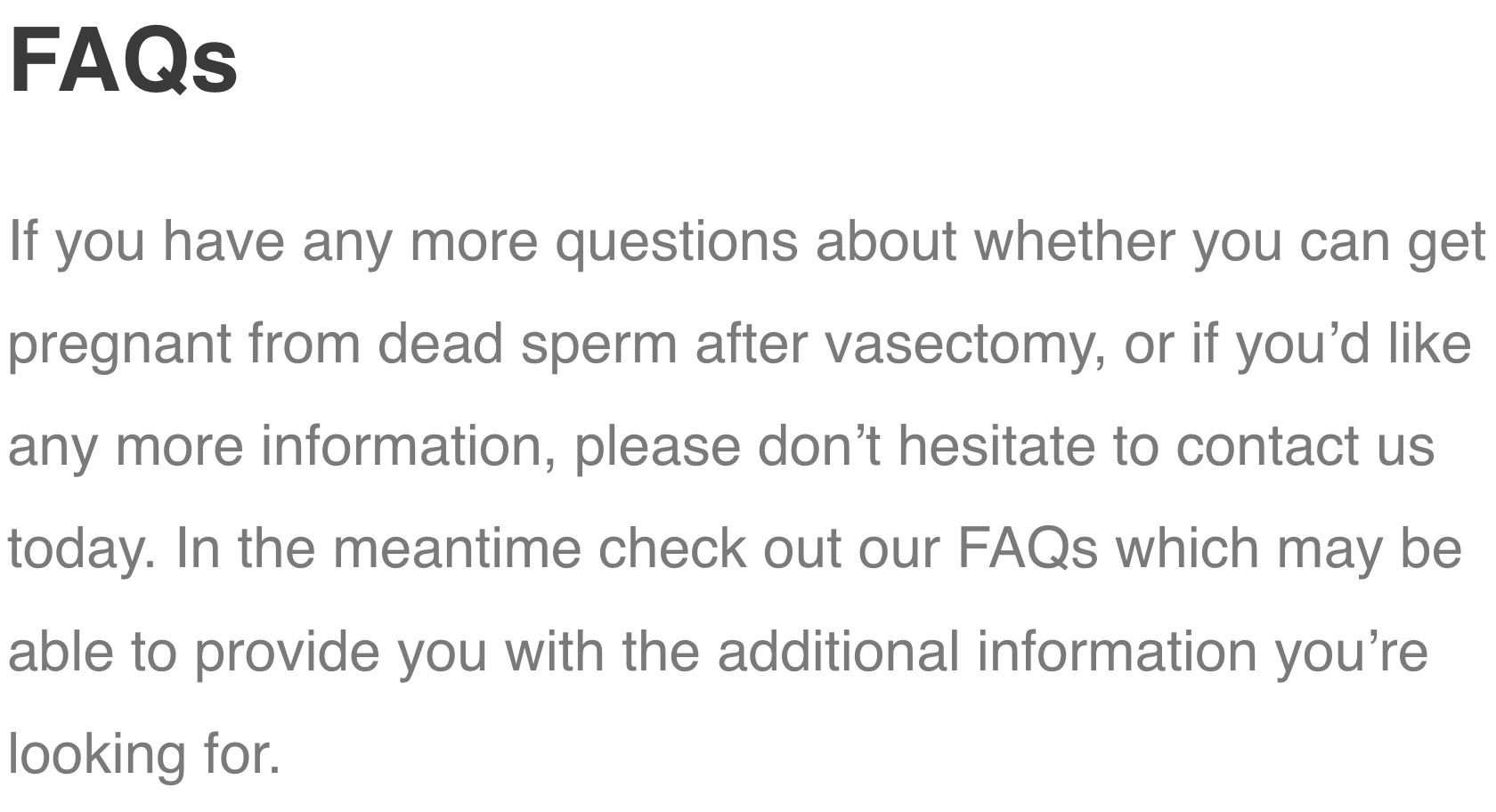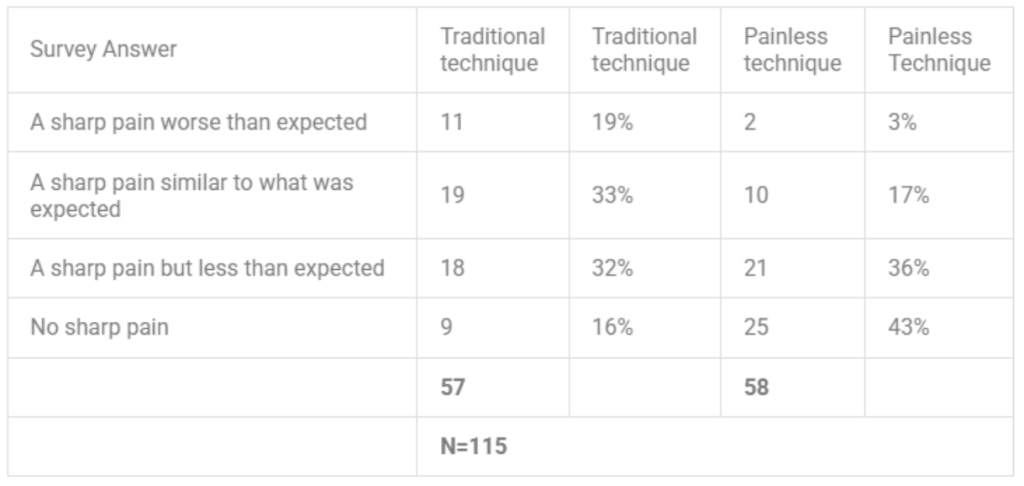Table of Contents
ToggleWelcome to our comprehensive guide addressing a common question many men have: “What age can you get a vasectomy in Australia?” As a surgical procedure offering a permanent form of contraception, a vasectomy is a significant decision involving various considerations.
These range from understanding the procedure and its benefits to knowing the right age and legal requirements in Australia for undergoing such a procedure. Throughout this post, we’ll provide the necessary information to help guide you in making an informed decision about vasectomy.
Understanding Vasectomy
Vasectomy is a surgical procedure and the most effective form of contraception for men. It’s a straightforward and commonly practised procedure that involves interrupting the vas deferens, the tube carrying sperm from the testicles.
What is a Vasectomy?
A vasectomy is a surgical procedure designed to provide a permanent method of contraception for men. During a vasectomy performed under local anaesthetic or IV sedation, the vas deferens – tubes that carry sperm from the testicles – are cut. This prevents sperm from reaching the ejaculated semen, effectively making a man unable to father children.
It’s important to note that vasectomies do not protect against sexually transmitted infections (STIs).
Benefits of Vasectomy
Opting for a vasectomy, especially when using the no-scalpel method, offers numerous advantages. Here are the primary benefits that often make it an attractive option for many men:
- Effective Contraception: With an effectiveness rate of 99.9%, a vasectomy stands as one of the most reliable methods for preventing pregnancy. This permanence provides peace of mind for those certain they do not want more children.
- No Significant Impact on Sexual Activity: A vasectomy does not affect testosterone levels, sexual drive, or the ability to enjoy sex. Men can typically resume sexual intercourse around a week after the procedure.
- Ease and Convenience: A vasectomy is a relatively simple and quick procedure that is performed in an outpatient setting. Recovery time is typically short, with most men returning to work within a few days.
- Cost-Effective: Over time, a vasectomy can be more cost-effective than other forms of birth control. It’s a one-time procedure that doesn’t require ongoing expense.
- Beneficial for Partner’s Health: By opting for a vasectomy, men can spare their partners the potential side effects and risks associated with female contraception methods, such as hormonal birth control or tubal ligation.
Age Requirements for Vasectomy in Australia
In Australia, the law requires that a person must be at least 18 years old to get a vasectomy, considering the procedure’s permanent nature.
Legal Age for a Vasectomy
The legal age to get a vasectomy in Australia is 18 years. This is due to the permanent nature of the procedure and the recognition that it’s a decision with lifelong implications. Therefore, it’s important that the decision is made by an adult who fully understands the permanence of the procedure.
Is There an Optimal Age for Vasectomy?
While the legal age is 18, there’s no universally agreed-upon “right age” to get a vasectomy. Often, the decision is made after a man or a couple decides they do not want more children or any children at all. The procedure is commonly performed on men in their 30s and 40s. However, this is highly personal, and what matters most is the individual’s certainty about their decision.
Factors Affecting the Decision to Get a Vasectomy
Several factors come into play when deciding to get a vasectomy. These include a person’s desire for children, the stability of their current family situation, their general health, and their understanding of the permanent nature of the procedure.

MSI No-Scalpel, Open-Ended Vasectomy Procedure: What to Expect
The MSI No-Scalpel, Open-Ended method is a modern, minimally invasive approach to vasectomy and can be carried out in a medical clinic. Rather than making incisions as in a traditional scalpel vasectomy, a small puncture hole is made in the scrotum. The vas deferens are then reached through this hole, reducing the risk of bleeding, pain, and infection.
The method involves clamping the upper part of the vas deferens to prevent the flow of sperm but leaving the lower part open. This open-ended technique reduces pressure in the system and can help minimise post-operative discomfort and the likelihood of developing post-vasectomy pain syndrome.






How soon after a vasectomy can I resume sexual activity?
Generally, men can resume sexual activity around a week after the vasectomy procedure. However, it’s essential to understand that immediate protection against pregnancy isn’t guaranteed. Other forms of contraception should be used until a follow-up sperm count test confirms the absence of sperm in the ejaculate.
Does a vasectomy affect sexual performance or desire?
No, a vasectomy doesn’t impact sexual desire or performance. Testosterone levels remain the same after the procedure, so there should be no change in sex drive, ability to get an erection, sensation of orgasm or any other aspect of sexual activity.
Can a vasectomy be reversed?
Yes, a vasectomy can technically be reversed through a procedure known as vasectomy reversal. However, vasectomy reversal procedures are more complicated than the initial procedure and aren’t always successful, especially if many years have passed since the vasectomy. Therefore, a vasectomy should be considered a permanent decision.
What is the 'No-Scalpel' vasectomy method?
The no-scalpel method is a modern, less invasive approach to vasectomy. Instead of making incisions, a small puncture hole is made in the scrotum to access the vas deferens. This technique reduces the risk of bleeding, pain, and infection compared to the traditional method.
What is the legal age to get a vasectomy in Australia?
In Australia, the legal age to get a vasectomy is 18 years. This is due to the permanent nature of the procedure and the recognition that it’s a decision with lifelong implications. Therefore, it’s important that the decision is made by an adult who fully understands the permanence of the procedure.



















